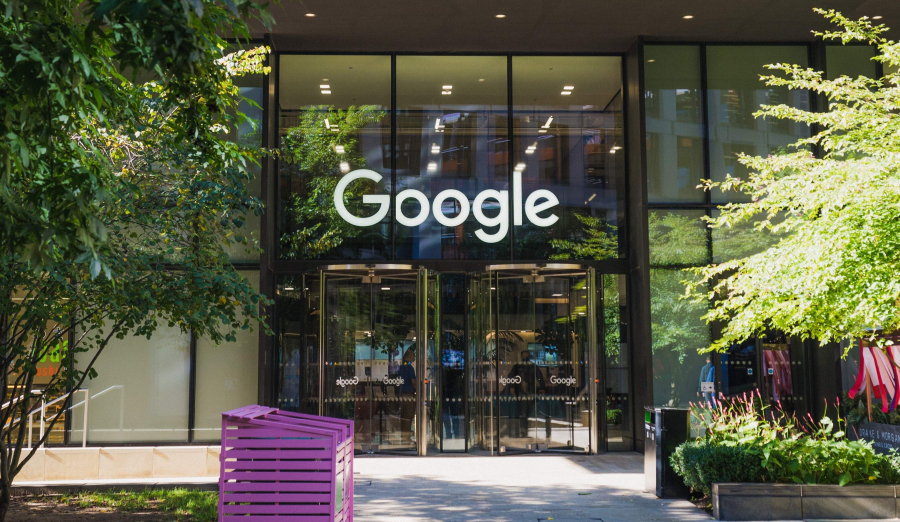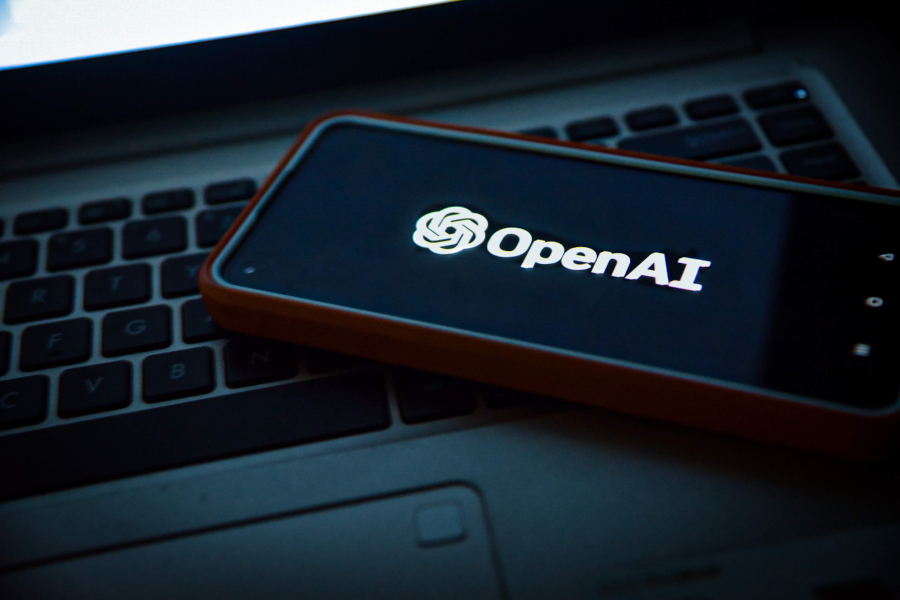Google I/O 2023: The Future of Search with Google's SGE.
Google I/O 2023 certainly did not disappoint with its revolutionary unveiling of Google's Search Generative Experience (SGE). In its debut, the SGE showcases cutting-edge advancements in generative AI, natural language parsing, and deep learning. The ultimate question on the minds of marketers and SEO experts is, "What does this mean for me?"
With the introduction of SGE, content creation, and marketing will no longer be the same. The SGE will revolutionize the way we approach marketing content through creative writing and natural language. As marketers, we must continue to stay ahead of the curve by mastering the intricacies of this new technology.

Source: Google SearchLiaison on Twitter
The SGE will make it possible for Google to better understand user intent and meaning, which will improve the accuracy and relevance of search results. In turn, this will raise the bar for content marketing and empower marketers to create more precise and effective marketing content.
Overall, the SGE brings tremendous potential for marketers and opens up new opportunities for SEO. However, it also presents a unique set of challenges that need to be tackled head-on. As the impact of AI and generative technology becomes more pronounced, we must continue to hone our skills to maintain a competitive edge in the ever-changing world of marketing.

Source: Google SearchLiaison on Twitter
In conclusion, the unveiling of Google's Search Generative Experience (SGE) marks a pivotal moment in the history of SEO and content marketing. The SGE has the potential to elevate the industry to new heights, but only through continuous learning and adaptation can we fully harness its potential.
Bard's natural language processing capabilities are used to generate highly specific responses to user queries.
In today's world, content marketing is all about creating high-quality content that resonates with your target audience. With the release of Bard, Google's new AI chat interface, content creation, and marketing will need to evolve once again. To stay competitive in this new landscape, businesses must focus on creative writing and natural language parsing.
Deep learning algorithms power Bard's natural language processing capabilities to create hyper-specific responses to users' queries. This means that general keywords or question fragments may no longer be enough to show up in search results. Instead, marketers need to focus on developing long-tail, hyper-specific keywords that reflect users' unique search queries.
However, content creation is not solely about keyword research. Marketers must also consider the context behind users' search queries. Experts predict that Bard may prioritize content based on Google's E-A-T guidelines (Expertise-Experience-Authority-Trustworthiness). This means that focusing on quality content creation is crucial for visibility through this new AI interface.
Business owners need to find new ways to attract users to their websites by creating engaging and valuable marketing content.
As for the impact on click-through rates, it's likely that organic links will continue to be pushed further down the SERPs. Entrepreneurs and Marketers must find new ways to attract users to their sites by producing engaging and valuable marketing content.
Ultimately, the rise of Bard underscores the need for marketers to stay ahead of the curve when it comes to content creation. This means using cutting-edge technologies like natural language parsing and deep learning, as well as understanding the context behind users' search queries. By staying ahead of the trends, businesses can ensure they remain competitive in this fast-changing landscape.
The importance of social media as a driver of organic search growth continues to grow.
As a website SEO content writer, staying up-to-date with the ever-changing landscape of search engine optimization is crucial. With the integration of AI in SEO, it's more important than ever to diversify content and collaborate with other marketing channels to stay ahead of the fierce competition.
As website copy remains a critical component of SEO, website SEO copywriting must evolve to meet the changing demands of search algorithms. While blogs have long been a go-to strategy, it's clear that diversification is vital in securing limited Google real estate. Platforms like LinkedIn, Twitter, YouTube, and even TikTok are becoming increasingly important in driving organic growth via search engines. Don't abandon your blog, but ensure it's not your only tactic.
With the gap between SEO as a performance channel and SEO as a brand channel diminishing, it's essential to collaborate with other marketing channels. Social media, PR, and CRO (Conversion Rate Optimization) must work together to ensure content is performing and converting. As a professional SEO writer, it's essential to integrate CRO tactics into content marketing to guarantee that intended actions are taken.
While AI and fierce competition may seem daunting, they present a unique opportunity for website SEO content writers to step back and improve their content. By embracing AI and expanding strategies, professional SEO writing can stay ahead of the competition and drive growth.





Comments (0)